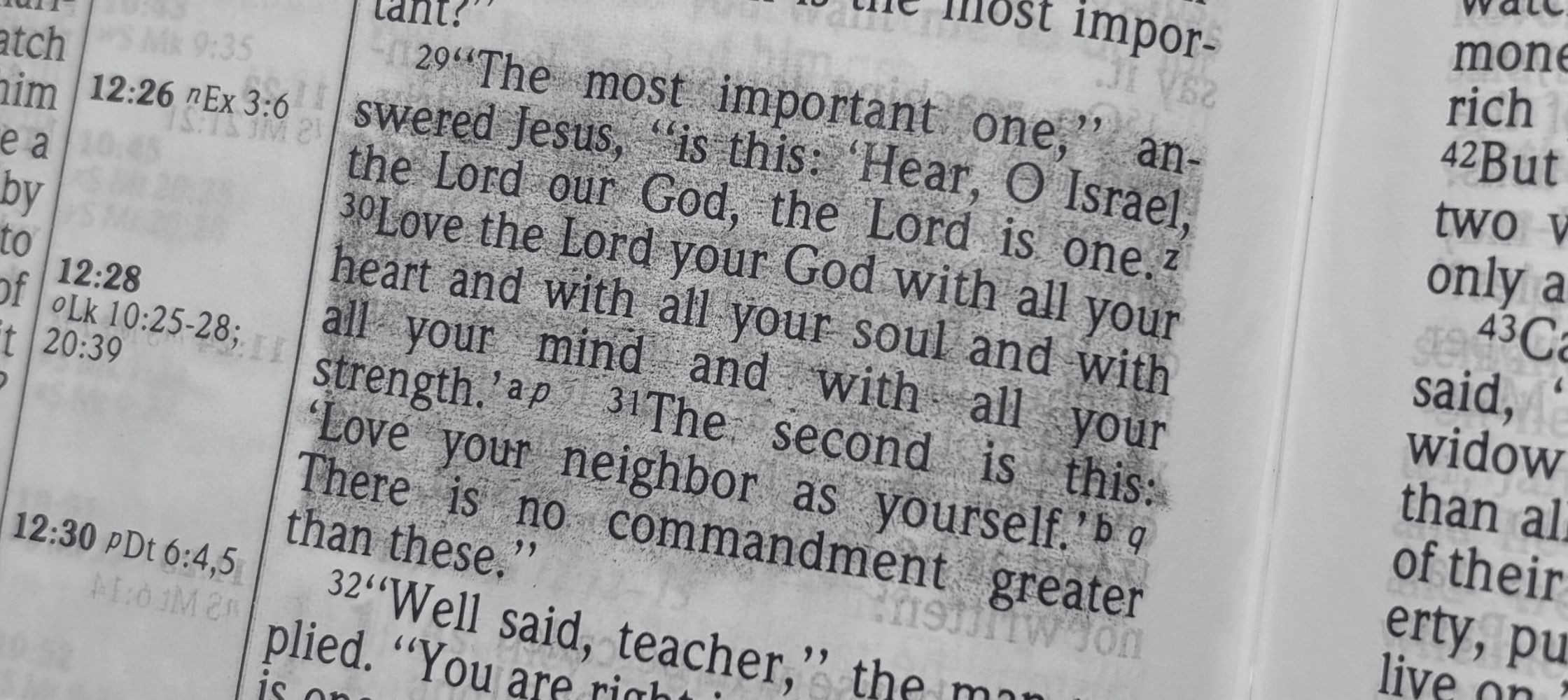Thank you! Your submission has been received!
Oops! Something went wrong while submitting the form.

By: Robert E. Zink
August 4, 2023
Every reading of the Great Commission passage (Matthew 28:16-20) should induce a sense of wonder in us. The scope of the plan, to reach the ends of the earth, is audacious – although it’s probably much easier for us to envision reaching the ends of the earth in a modern world with the ease of today’s technology than in a first-century world. The aspiration of the Lord’s plan, to cultivate individuals who undertake a complete change of lifestyle, is ambitious. Yet time affirms that the design of discipleship displays the combination of God's perfection and wisdom, showing that it is precisely the means that is both the most effective and necessary to transform lives. While pondering the excellence of the Great Commission, I have been adamant that a missing element of the Great Commission is great intercession.
Over the past several weeks, I have meditated upon this idea while exploring the text of 1 Timothy 2:1-7. Writing to Timothy, who is in Ephesus to deal with leadership and false teaching within the church, the first two verses of that text read: “First of all, then, I urge that supplications, prayers, intercessions, and thanksgivings be made for all people, for kings and all who are in high positions, that we may lead a peaceful and quiet life, godly and dignified in every way” (1 Timothy 2:1-2 (ESV)).
From these verses, I have derived the following two principles (you can click on the title to read about each). What we have learned is that the Great Commission needs:
Verse 2 now reveals a third principle for us when it comes to praying in light of the Great Commission: Praying for all leaders of all people.
Interestingly, though Paul urges prayer for all people in verse one, he singles out two groups of people for specific prayer in verse 2: Kings and all who are in high positions. The idea of praying for leaders is contained indirectly within instructions of prayers elsewhere in Scripture. As part of our regular discipline of prayer, it is a reasonable expectation that we might pray for those who may influence our lives by their plans and policies.
The command to pray for leaders, though, comes with specific instructions. The Apostle does not say to just pray for them in a general manner but pray for them that individuals may lead peaceful and quiet lives. Those words, peaceful and quiet, appear to be synonymous. However, their meanings convey different aspects. “Peaceful” is a word to mean quietness from outside disturbances, while “quiet” refers to freedom from inner turmoil. By their roles, leaders and governments have the ability to set policies and procedures, rules and regulations, that can either facilitate or disrupt both the outer and inner peace. So, Paul calls upon those in the church to pray for leaders who will lead in such a way that cultivates both.
Notably, the peace and quiet Paul speaks of here does not mean the absence of conflict . . . after all, read the book of Acts, and you will find that Paul was constantly in conflict with someone for preaching the gospel, even to the point of having to flee for his life several times. However, we will also find a man who, though in outward conflict, was living a life of peace and quiet brought on by his trust in the Lord. This is part of the sense of what we get from this prayer request.
The request, we learn, is not merely about living a peaceful and quiet life, but the Lord has a purpose in it: that people would lead lives of godliness and dignity. That is to say, the purpose of praying for peace and quiet is not so lives will be characterized by comfortableness but by godliness, which comes by the influence of the gospel (hence God’s desire that people be saved in 1 Timothy 2:3-4).
It is here, then, that we find both the content and one of the purposes of corporate prayer. The content of corporate prayer is to pray for all leaders of all people that they will lead in a manner that allows for lives of peacefulness and quiet. The idea of such a prayer is that an environment of this type would allow the Lord's gospel to go forth and have an impact. In this way, we are called upon to pray together with fellow believers (specifically with our fellow church members) for the sake of the Great Commission. It is part of the ongoing reminder that the Great Commission needs great intercession.
